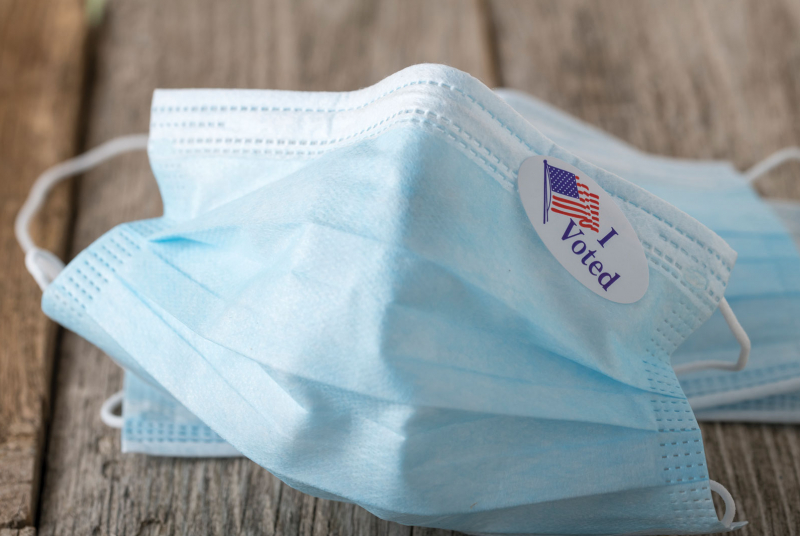
Ask the Expert
With absentee voting getting under way in mid-September, Nyhan offers his take on how the media can settle down and provide reasonable election context—and instill electoral confidence. “Our political elites are amplifying the fringe more than we’ve seen,” Nyhan recently said, noting a “grinding attack on factual evidence.” You can read more by Nyhan, an expert on misperceptions about politics and healthcare, at The Upshot from The New York Times.
Inform the public about the process.
“Media outlets and civic organizations must provide voters with accurate information about the process by which election officials count votes and determine election winners, which is confusing and often poorly understood.”
Provide realistic timelines for results.
“Media outlets need to set expectations about the timing of final results. Given an expected increase in absentee ballot voting because of the Covid-19 pandemic, voters need to be prepared for the outcome of the 2020 presidential race to not be determined until days after Election Day.”
Avoid amplifying false claims of fraud.
“Media outlets need to avoid repeating misinformation about the electoral process or unsupported allegations of widespread voter fraud or election manipulation. Research I have conducted with Dartmouth students finds that exposure to such claims, which may be especially prevalent on Election Day and immediately afterward, reduces confidence in the election system.”
Counter election misinformation.
“My research finds that fact-checks may not undo the damage inflicted on election confidence by claims of voter fraud. It is therefore essential to seek to limit the spread of false claims in a manner that respects our democratic values, including the importance of free speech. For instance, Facebook now removes content from its platform that directly misleads people about how or when to vote. These measures are not perfect, but they can help.”










